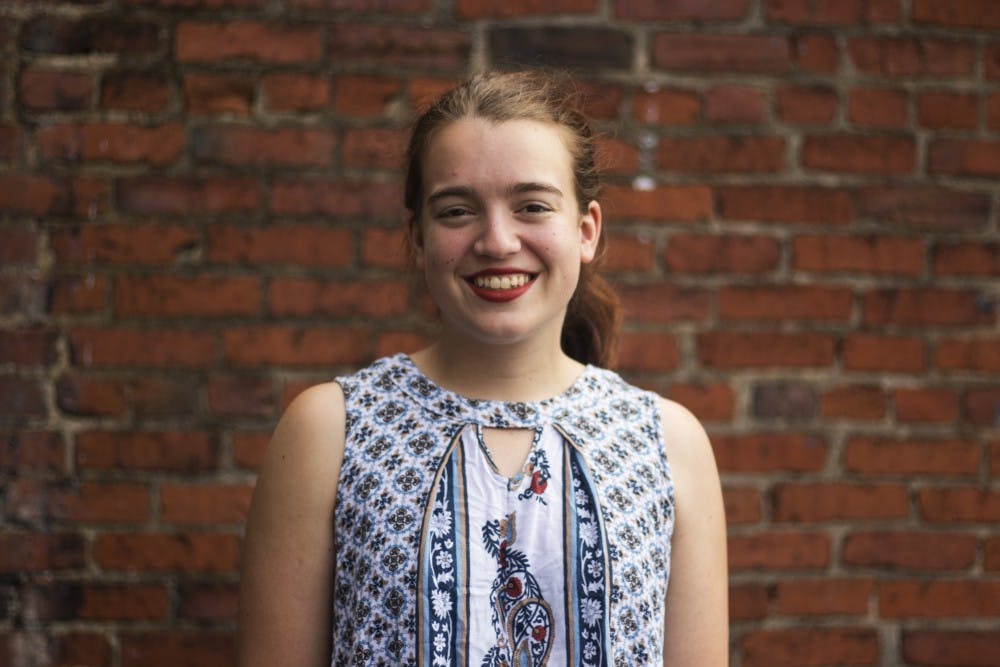In 1987, my grandmother, a broadcaster for WSOC-TV during the 1970s, gave a speech to a room of journalists and executives about the importance and reality of their daily work. She spoke of how it is a journalist’s job to inform society of the truth even if it makes the journalists themselves unpopular.
The speech was titled, “Truth in Journalism.” Based on recent polls on media trust and favorability, most people would scoff at the title claiming there is no truth left in journalism. It is our responsibility, both in broadcast and other forms of media, to honestly recognize that feeling and begin working to address it.
My grandmother's speech included eloquent passages of how journalism is the noblest profession. How a journalist's prerogative is to seek the truth and that they do not do it for the fame or the attention. The world my grandmother described does not exist, at least in the broadcast world. I fear the unrewarded quest for the truth she spoke of has fallen to the wayside in favor of sensationalism to win higher ratings amidst hyper-competition.
Back when my grandmother was on air, she would often get into quarrels with the representative from the Federal Communications Commission over following the Fairness Doctrine, a federal policy which required television and radio broadcasters to present opposing viewpoints on controversial issues.
My grandmother was an opinionated woman, so this task was often difficult for her. While its constitutionality was questioned by opponents of the doctrine, it was upheld by the Supreme Court in 1969. Nevertheless, the Fairness Doctrine was revoked by the FCC in 1987. I believe the first step in regaining the trust of the public and preserving journalism’s place in democracy is the re-institution of a similar doctrine.
People are biased. Career journalists often work for years to train their biases out of themselves, to keep emotions from spilling into the work. But no matter how much effort is put into this task, it is fruitless. Older generations often yearn for the “hard-hitting news” of the Cronkite days, but Cronkite himself was only as "fair and unbiased" as we remember because this policy made him be.
Expecting humans to be altruistic enough to shed all biases and opinions from themselves is impossible and unfair. Imposing a policy like this would give a loose enough restriction to still allow free speech, but would prevent the continued re-hashing of one-sided stories that currently reign over the media.
The reason this policy went the way of the dodo is due to an aspiration called the “marketplace of ideas.” Similar to an economic free market theory, this idea was based on the principle that if anyone and everyone can present any idea they want, then citizens will rationally discover the truth, and the worthiest ideas will prevail.
Yet this concept does not work for two reasons: humans are not rational, and the rise of social media has placed a paramount on the speed of news, resulting in a surplus of ideas that no average citizen with a day job can weed through.



